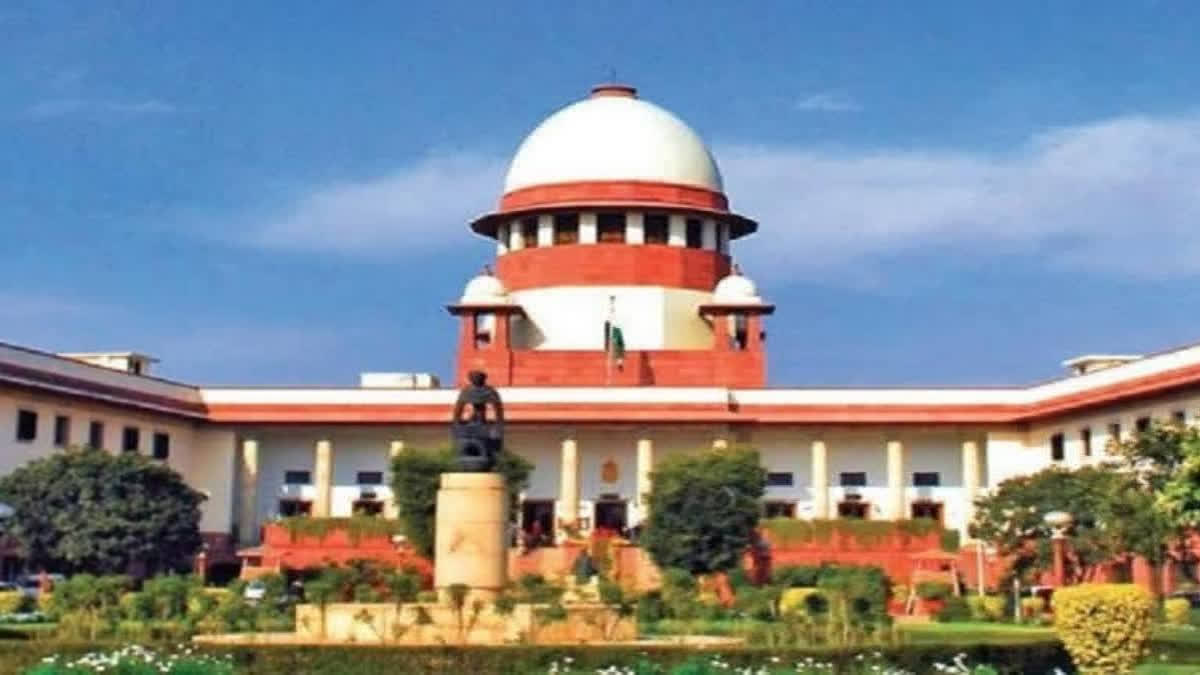New Delhi:The Supreme Court on Tuesday said mere allegations of harassment are not enough unless the accused’s actions were so compelling that the victim perceived no alternative, but to take their own life while discharging a man and his parents charged with abetment of suicide of the man’s wife.
A bench comprising justices Vikram Nath and Prasanna B Varale, said, “For a conviction under Section 306 IPC (abetment of suicide), there must be clear evidence of direct or indirect acts of incitement to commit suicide. The cause of suicide, especially in the context of abetment, involves complex attributes of human behaviour and reactions, requiring the court to rely on a cogent and convincing proof of the accused’s role in instigating the act."
The bench said mere allegations of harassment are not enough unless the accused’s actions were so compelling that the victim perceived no alternative but to take their own life and such actions must also be proximate to the time of the suicide.
The bench said the court examines whether the accused’s conduct, including provoking, urging, or tarnishing the victim’s self-esteem, created an unbearable situation. “If the accused's actions were intended only to harass or express anger, they might not meet the threshold for abetment or investigation. Each case demands a careful evaluation of facts, considering the accused’s intent and its impact on the victim”, said Justice Nath, who authored the judgment on behalf of the bench.
The bench said it is essential to establish that the death was a result of suicide and that the accused actively abetted its commission and this can involve instigating the victim or engaging in specific actions that facilitated the act. “The prosecution must prove beyond doubt that the accused played a definitive role in the abetment. Without clear evidence of an active role in provoking or assisting the suicide, a conviction under Section 306 IPC cannot be sustained”, said the bench.
The bench said in cases of the death of a wife, the court must meticulously examine the facts and circumstances of the case, as well as assess the evidence presented. “It is necessary to determine whether the cruelty or harassment inflicted on the victim left them with no other option but to end their life. In cases of alleged abetment of suicide, there must be concrete proof of either direct or indirect acts of incitement that led to the suicide”, said the bench.
The bench said, in the present case, there appears no proximate link between the alleged facts, instances of harassment and her subsequent death by hanging. The bench said the alleged incident of selling gold ornaments and subsequent physical and mental harassment, as alleged, occurred almost a year before the FIR was registered at the instance of the father of the deceased.
The bench said selling of gold ornaments and the same was followed by discord and harassment upon their demand, even if true, did not reflect any intention to instigate, incite or provoke the deceased to commit suicide. “Mere harassment and such issues between the wife and her husband along with the in-laws do not appear to create a scenario where she was left with no option other than to end her life”, said the bench.
